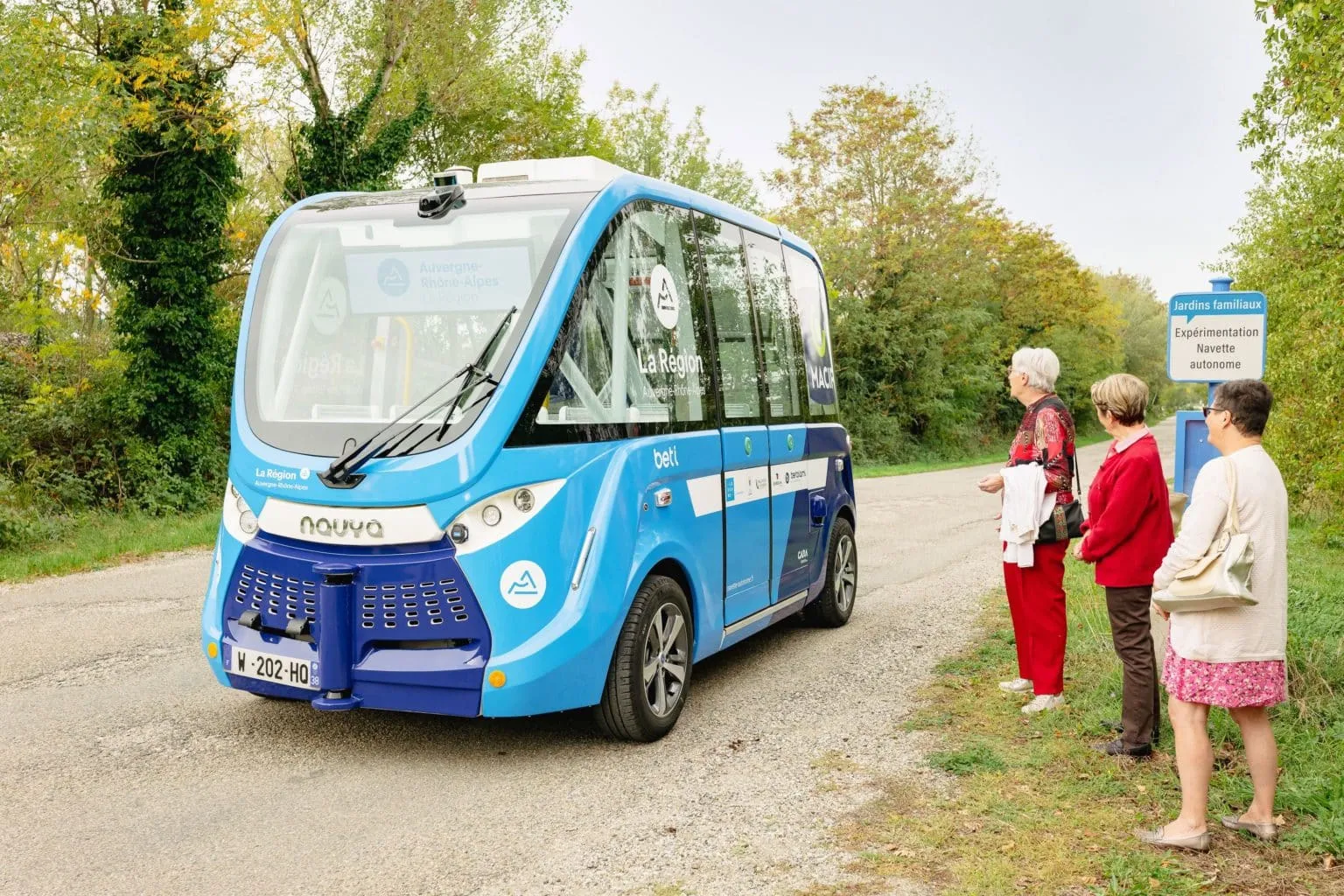
Navya is in the consortium which has been awarded the French government's Automated Road Mobility tender (Appel à Projets Mobilités Routières Automatisées).
The company is joined by rural mobility operator Beti, insurance firm Macif and Vinci Construction subsidiary SVMS.
Around 85% of the rural population of France does not have direct access to public transportation so the consortium will roll out seven automated vehicles - four of them driverless - will be rolled out in France for the first time.
The project will provide the Crest Val de Drôme rural area with an Inclusive Automated Mobility Network (Réseau Inclusif de Mobilité Automatisé or Rima), with shuttles deployed over 50km2.
The solution covers developing self-driving shuttles, building infrastructure and operating the service for local communities.
The idea is to extend it to 15 automated vehicles by 2025.
Beti will be in charge of acquiring and operating the vehicle fleet, while Macif is handling insurance and SVMS signage and infrastucture maintenance.
Navya will provide shuttles equipped with Navya Drive autonomous driving packs and supervise putting them into service.
Rima continues trials that were carried out jointly by Beti, Navya and Vinci’s subsidiary Eurovia in 2020 and 2021 in Val de Drôme, when a self-driving shuttle was deployed over a route of 9.6 km between Crest railroad station and the Val de Drôme Ecosite.
Four types of mobility will be offered to sustain the sparsely-populated region economically and to provide a service to its inhabitants: daily, health-based, inclusive and tourism-based.
"Mobility is a universal fundamental right and it’s essential that the transition toward sustainable models fosters progress that is not only environmental but also societal," sasy Sophie Desormiere, CEO of Navya.
"Envisioning the future of mobility means adopting a solution that is green, shared and inclusive. With self-driving shuttles we are now in a position to provide a tangible alternative to solo driving, not only in towns, but also in rural areas, and this is what we intend to demonstrate with our partners."
"Our ambition is to attract people and businesses back the regions by introducing innovative mobility solutions that integrate seamlessly in the existing road networks, while providing a service," says Benjamin Beaudet, MD of Beti.







